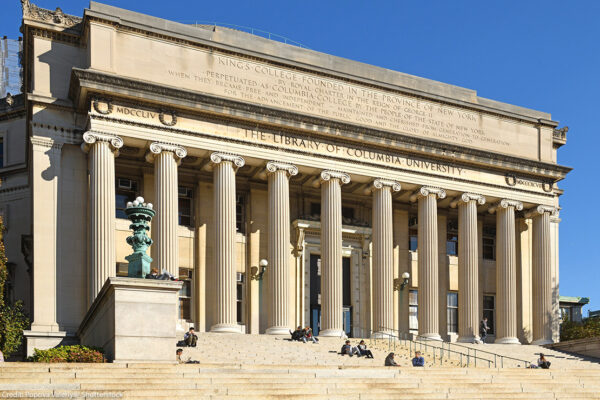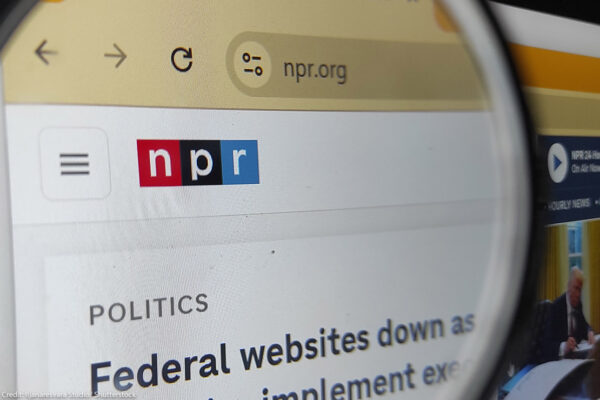Arts Groups Argue “Gender Ideology” Still Unconstitutionally Penalized by National Endowment for the Arts
Groups ask court for summary judgment on First Amendment, Fifth Amendment, and APA arguments
PROVIDENCE, R.I. – Four arts organizations filed a motion for summary judgment today, arguing that the National Endowment for the Arts (NEA) is violating the First Amendment, Fifth Amendment, and Administrative Procedure Act in its implementation of an executive order that prohibits federal funding for “gender ideology.” If the motion is granted, the suit could be resolved without trial.
The motion comes after the NEA admitted that it would judge projects based on whether they “promote” what the government deems to be “gender ideology” and after it reinstated a requirement that grant applicants agree to abide by all executive orders when applying.
“Theatre is one of our most powerful reflections of humanity—a space where truth-tellers and artists hold up a mirror to our lives, our struggles, and our joys,” said LaTeshia Ellerson, co-executive director of national engagement at Theatre Communications Group. “On stage, we see ourselves through the eyes of artists who dare to reveal the deepest parts of who we are. The First Amendment protects this essential freedom to create without fear of censorship or discrimination. As we join our co-plaintiffs in filing this motion, we urge the court to affirm what is both constitutionally and morally clear: all artists and storytellers have the right to be heard.”
The suit was first filed in March after the NEA began requiring applicants to attest that they would not promote “gender ideology” in order to be eligible for funding and blocked any projects that appeared to promote “gender ideology” from getting an award. In April, the court held that the NEA’s decision to make any project that “promotes” what the government calls “gender ideology” ineligible for funds likely violated the First Amendment and exceeded its statutory authority.
“The First Amendment protects our right to artistic freedom,” said Adam Odsess-Rubin, founding artistic director at National Queer Theater. “Queer art is American art, and censorship is un-American. We will continue to fight for our constitutionally protected freedom of speech.”
In response to the litigation, the NEA paused the “gender ideology”-specific certification requirement. More recently, however, it reinstated the requirement that applicants comply with all executive orders.
‚ÄúThe NEA has admitted that it is screening art projects for ‚Äògender ideology,‚Äô‚Äù said Vera Eidelman, senior staff attorney with the ≥‘πœ÷±≤•‚Äôs Speech, Privacy, and Technology Project. ‚ÄúThis is a clear-cut violation of the First Amendment. By judging projects based on whether they fit the government‚Äôs worldview, the NEA is abandoning its statutory role to fund works based on excellence and merit, as well as violating the free expression rights of artists across the country.‚Äù
‚ÄúWe know that the NEA is not upholding the protections guaranteed by the First Amendment,‚Äù said Steven Brown, executive director of the ≥‘πœ÷±≤• of Rhode Island. ‚ÄúIf Rhode Island Latino Arts‚Äô grant application, and all the plaintiffs‚Äô applications, are denied funding because of ideology, then this would be a major step backward in our collective right to freedom of speech. We are hopeful the court will not accept the NEA‚Äôs troubling arguments.‚Äù
The ≥‘πœ÷±≤•, the ≥‘πœ÷±≤• of Rhode Island, David Cole, and Lynette Labinger, cooperating counsel for the ≥‘πœ÷±≤•-RI, filed the motion for summary judgment in the U.S. District Court of Rhode Island on behalf of Rhode Island Latino Arts; National Queer Theater; The Theater Offensive; and the Theatre Communications Group.
The motion can be viewed here.




